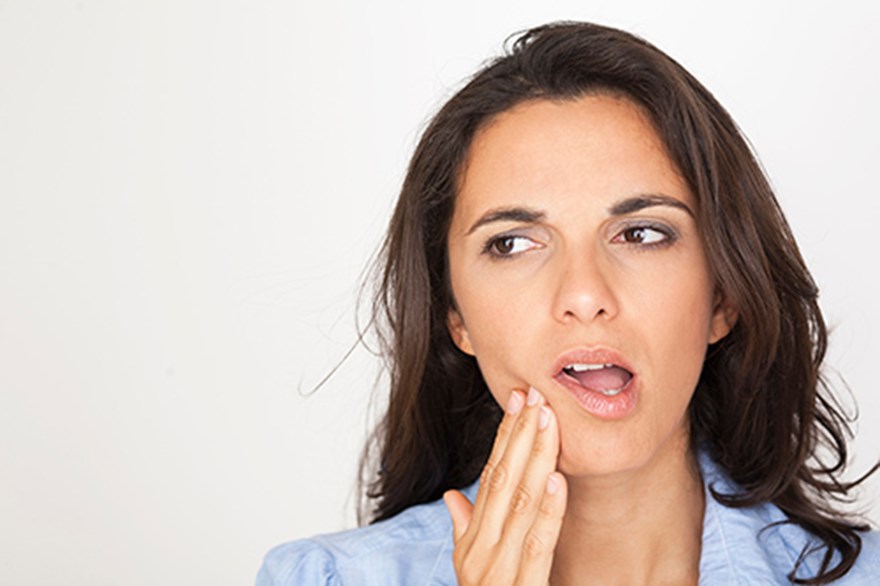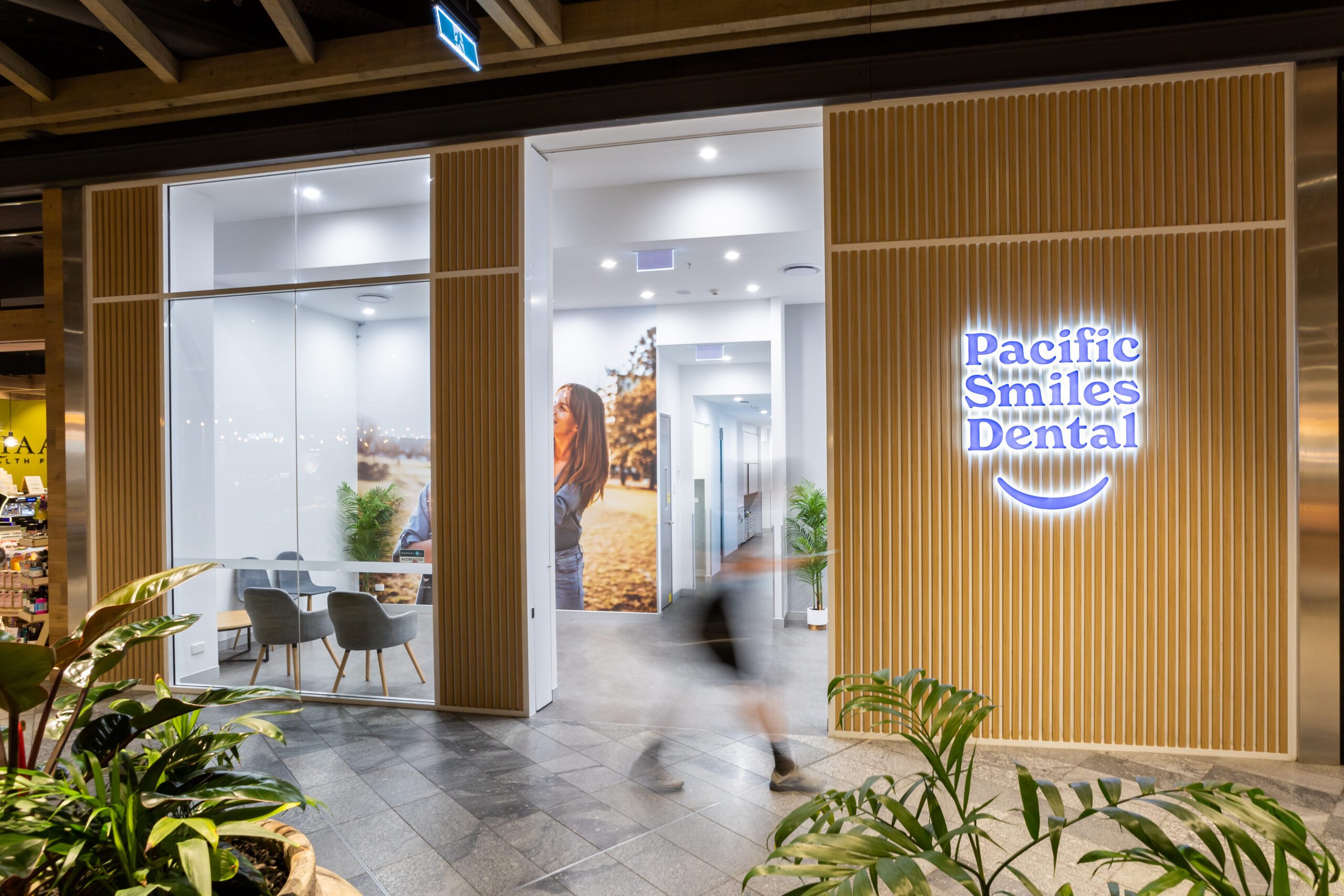 21 September 2022
21 September 2022
Are you a tooth grinder?
And how would you know? Read about the grinding truth of Bruxism and how it can affect your dental health.
Teeth Grinding, also referred to as Bruxism, involves excessive clenching, and grinding of teeth. This often occurs during sleep, but can occur at any time during the day. In many instances, individuals are not aware they are clenching or grinding, and it is commonly noticed first by parents or partners who report hearing the noise often associated with Bruxism.
While the exact cause of Bruxism is not known, factors which are believed to contribute towards its occurrence include; emotional stress, tension or anxiety, physical stress such as illness or a change in an individual’s occlusion(bite), for example an eruptingwisdom tooth, or a new dental restoration which is different in shape to the original tooth. Other factors such as the taking of particular medications, and sleep disorders are also being studied.
The signs and symptoms of Bruxism can vary according to the severity and frequency of the bruxing habit and may include;
- Hypersensitive teeth – often to thermal changes
- Sore/tired jaw muscles
- Headaches or pain that feels like an earache
- Excessive wear facetson teeth
- Cracked tooth enamel
- Repeated fractures in either teeth or restorations
- Restricted opening/limited movement
- Clicking of the jaw joint
- A grinding or grating noise during sleep
Treatment for bruxers depends largely upon the factors thought to be causing the bruxism. Treatment may include referral for counselling to assist with relaxation techniques or stress management, the removal of occlusal interferences or restoration of broken teeth, or attempts to change the bruxism behaviour. Therapy aimed at changing behaviour may include the provision of an occlusal splint. The splint is made of plastic and covers either the upper or lower teeth preventing both tooth to tooth contact and protecting the surfaces of the teeth from further wear. Occlusal splints are usually worn at night but can be worn through the day for individuals that clench during waking hours.
If you think you have symptoms of Bruxism or have been told that you grind your teeth when asleep, make an appointment with your local Pacific Smiles Dental dentist. Regular check-ups are the best way to prevent dental problems or diagnose dental concerns before they progress.





